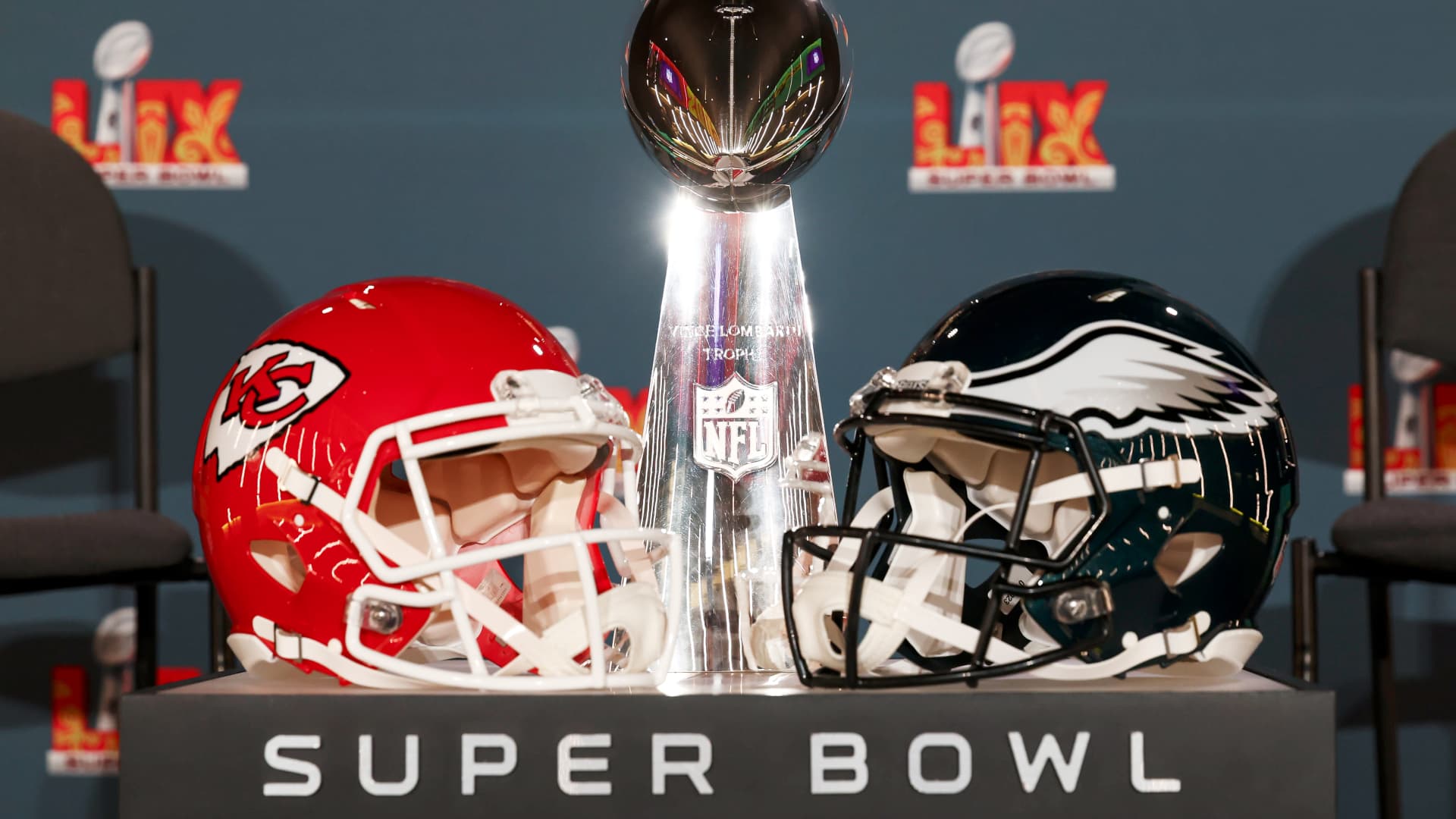The NFL’s Super Bowl Ticket Fiasco: A Deep Dive into Fines and Ethics
The Ticket to Trouble: Understanding the Violation
The National Football League (NFL) has long been a beacon of athletic excellence and entertainment, but recent events have cast a shadow over its reputation. The league’s decision to fine approximately 100 players and two dozen club employees for reselling Super Bowl tickets above face value has sparked a debate that transcends mere policy violations. At its core, this controversy touches on the delicate balance between privilege, ethics, and the relentless pursuit of profit.
Super Bowl tickets are a coveted commodity, with demand far outstripping supply. The NFL’s policy stipulates that tickets allocated to players and staff are for personal use only, intended to share the experience with family and friends. However, the allure of financial gain has proven irresistible for some. The secondary market, where tickets are resold at exorbitant prices, offers a lucrative opportunity for those with access to these coveted passes.
The NFL’s stance is unequivocal: reselling tickets above face value is strictly prohibited. The league argues that this practice undermines the integrity of the game and exploits the exclusive access granted to players and team employees. By selling tickets for profit, individuals are not only violating league policy but also potentially alienating fans who cannot afford the inflated prices on the secondary market.
The Price of Privilege: Examining the Fines
The penalties for violating the NFL’s ticket resale policy are substantial. Players found guilty of reselling tickets face fines of 1.5 times the face value of the tickets they sold. Club employees may face different penalties, but the financial impact is undeniable. For some players, particularly those on rookie contracts or with less financial security, these fines could represent a significant financial blow. For established stars with multi-million dollar contracts, the fines might be seen as a minor inconvenience.
This disparity raises an important question: are the fines truly a deterrent, or simply a cost of doing business for those who believe the potential profit outweighs the risk of being caught? The effectiveness of the fines as a deterrent likely varies depending on the player’s financial situation and their perception of the risk involved. For some, the potential gain from reselling tickets may still outweigh the risk of being fined, especially if they believe the chances of being caught are low.
Beyond the Fines: Exploring the Ethical Implications
The Super Bowl ticket scandal extends beyond the simple violation of a league policy. It delves into the ethical complexities of privilege, access, and the responsibilities that come with being a public figure. NFL players are not just athletes; they are role models, often admired and emulated by fans around the world. Their actions, both on and off the field, are subject to intense scrutiny and can have a significant impact on public perception.
By reselling Super Bowl tickets for personal profit, these players are arguably exploiting their privileged position and contributing to the problem of inflated ticket prices that make the Super Bowl inaccessible to many fans. This can erode trust and damage the image of the league, fostering a sense of cynicism among fans who feel that the players are more concerned with personal gain than with upholding the integrity of the game.
Cracking Down: The NFL’s Enforcement Strategy
The NFL’s decision to crack down on ticket resales signals a commitment to enforcing its policies and protecting the integrity of the Super Bowl experience. The league’s investigation, which led to the fining of over 100 players and employees, demonstrates a willingness to expend resources and take action against those who violate its rules.
However, the effectiveness of the NFL’s enforcement strategy remains to be seen. The sheer number of players involved suggests that the practice of reselling tickets may be more widespread than previously thought. This raises questions about the league’s ability to effectively monitor and prevent future violations. The NFL may need to consider implementing more robust monitoring systems and increasing the severity of penalties to deter future misconduct.
Super Bowl LIX and Beyond: Preventing Future Scandals
Looking ahead, the NFL must take proactive steps to prevent similar incidents from occurring in the future. This could involve several strategies:
- Enhanced Education: Providing players and employees with clearer and more comprehensive education about the league’s ticket resale policy and the ethical implications of violating it. This education should emphasize the importance of upholding the integrity of the game and acting as positive role models for fans.
- Stricter Monitoring: Implementing more sophisticated monitoring systems to detect and prevent ticket resales. This could involve tracking ticket sales on secondary markets and using data analytics to identify suspicious activity.
- Increased Penalties: Considering increasing the severity of penalties for violating the ticket resale policy. This could include larger fines, suspensions, or even the revocation of ticket privileges.
- Alternative Ticket Distribution Methods: Exploring alternative methods for distributing Super Bowl tickets that could reduce the incentive for resale. This could involve offering tickets at more affordable prices or implementing a lottery system to ensure fair access.
A Game of Integrity
The NFL’s Super Bowl ticket scandal serves as a stark reminder that even in the realm of professional sports, where immense wealth and fame abound, ethical considerations and adherence to rules are paramount. The league’s response to this situation will be critical in shaping its image and maintaining the trust of its fans. By taking decisive action to enforce its policies, educate its players, and prevent future violations, the NFL can demonstrate its commitment to upholding the integrity of the game and ensuring that the Super Bowl remains a celebration of athletic achievement, rather than an opportunity for personal enrichment at the expense of fans. The fines levied against these players are more than just a financial slap on the wrist; they represent a critical juncture in the ongoing struggle to balance privilege, profit, and the principles of fair play within the NFL.

